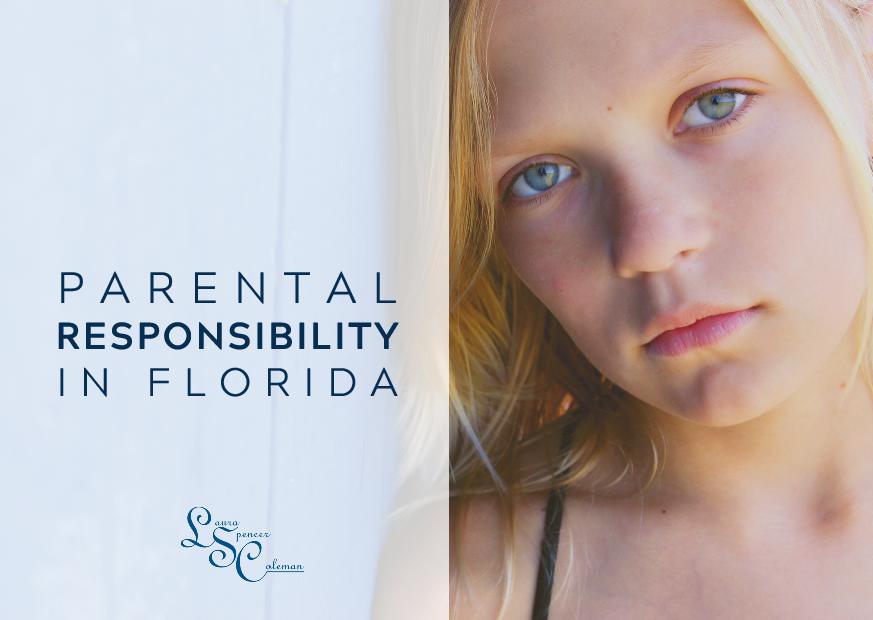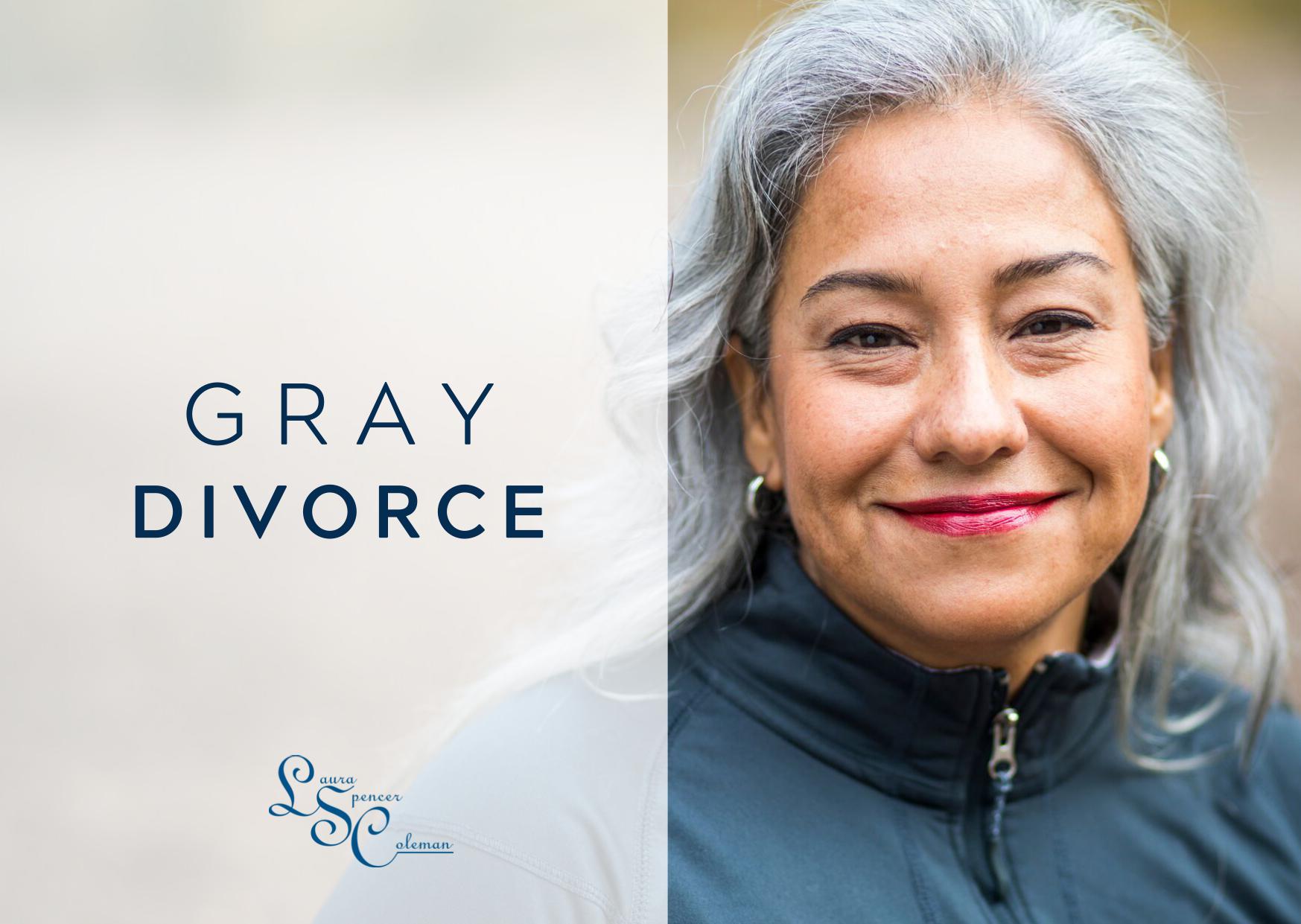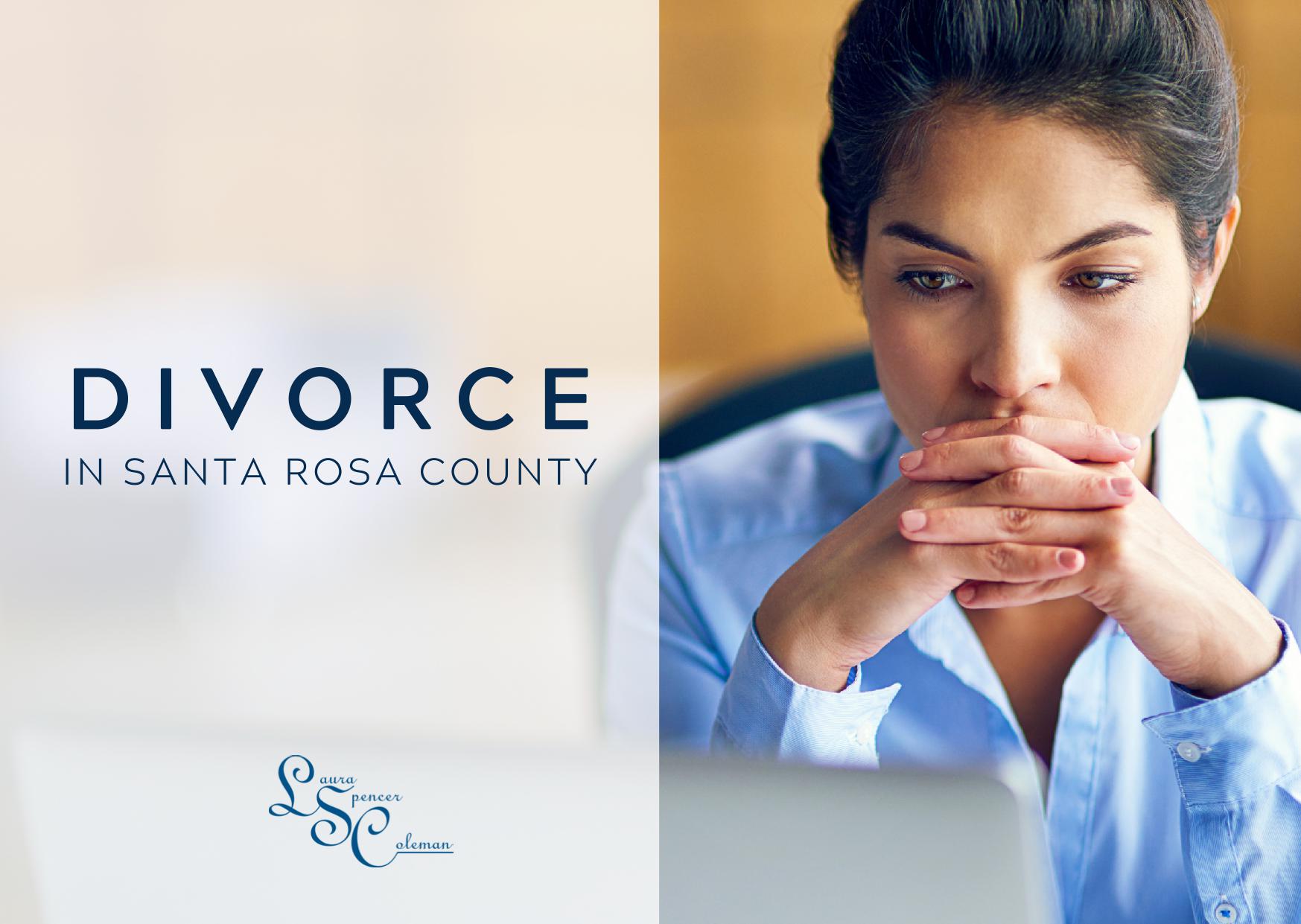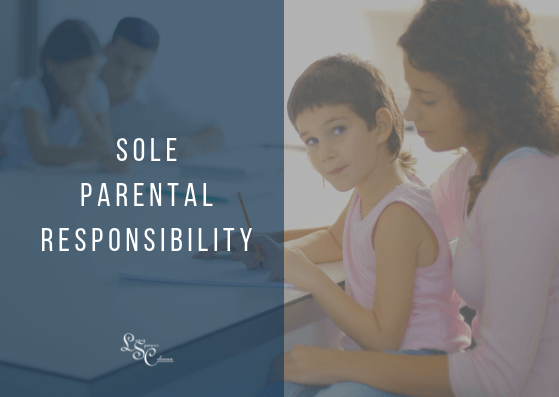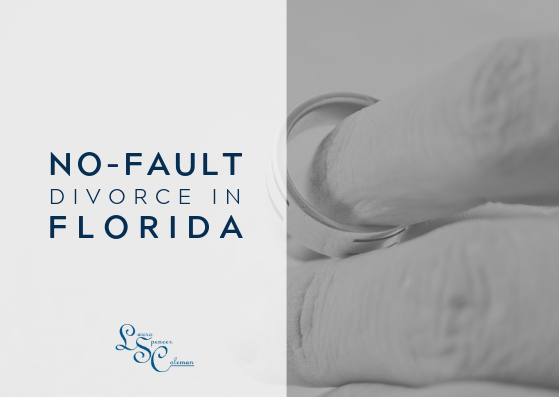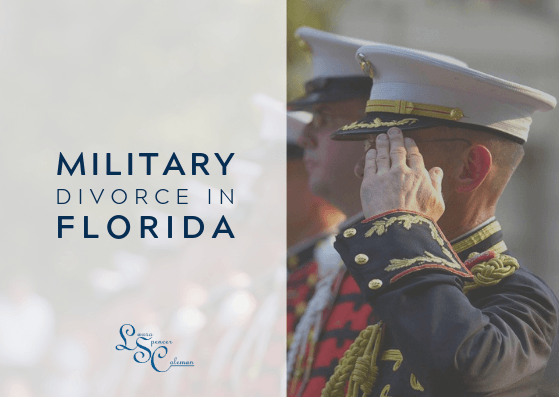Juvenile Law
- By Laura Spencer Coleman
- •
- 02 Aug, 2017
- •
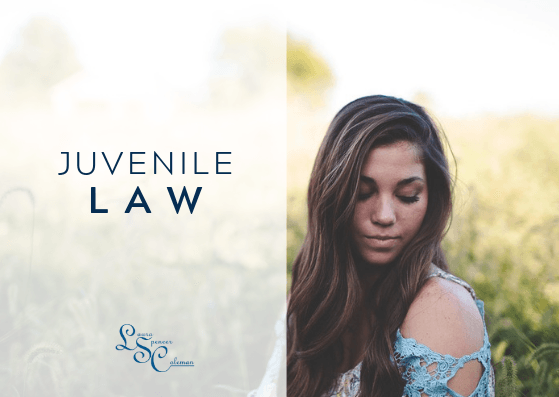
People under the age of 18--often referred to as either minors or juveniles--don't usually go through the same court system as adults. Instead, they go through juvenile court. This type of court deals only with juvenile law in order to help minors who have been neglected or abused, or who have committed a crime. The point of any penalties given by juvenile court is to rehabilitate young people--not just punish them--to reduce the chances that they'll continue to break the law as adults.
The Basics of Juvenile Law
Juvenile law deals with legal cases involving minors--most states consider minors to be anyone under the age of eighteen. One of the types of cases a juvenile court might work on is juvenile delinquency, in which a minor has been accused of committing a crime that would have likely been tried in criminal court if an adult had committed it.
Another type of juvenile case is a status offense, which occurs when a minor is accused of violating a law that only applies to people under 18, such as skipping school or violating curfew. A third type of case a juvenile court might see is a juvenile dependency case, which doesn't involve minors breaking the law at all. Instead, their parents or guardians have been accused of neglecting or abusing them, and the court needs to determine if they should be removed from the home.What is Juvenile Delinquency?
Juvenile delinquency refers to cases in which minors have broken the law in some way. In most cases, minors who are considered juvenile delinquents are between the ages of about 10 and eighteen. Some of the most common acts they commit include violating curfew, theft, drug use, underage drinking, simple assault and disorderly conduct. It's rare for juvenile courts to deal with more violent criminal offenses, such as rape, robbery or murder, as those types of cases are usually sent to a regular court so the juvenile can be tried as an adult.
In most cases, the penalties juveniles face include fines, driver's license suspension and counseling, though it's also possible for them to have to spend time in a juvenile detention center. In cases of neglect or abuse, the court may determine it's best for the juvenile to live somewhere other than the home of a parent or current guardian, like another family member's residence, a group home or a foster home.
If you need help with a juvenile case, please call Laura Spencer Coleman, P.A. at (850) 626-8520. We have experience with juvenile court cases and want to help you navigate yours so you have some peace of mind when dealing with juvenile law.

